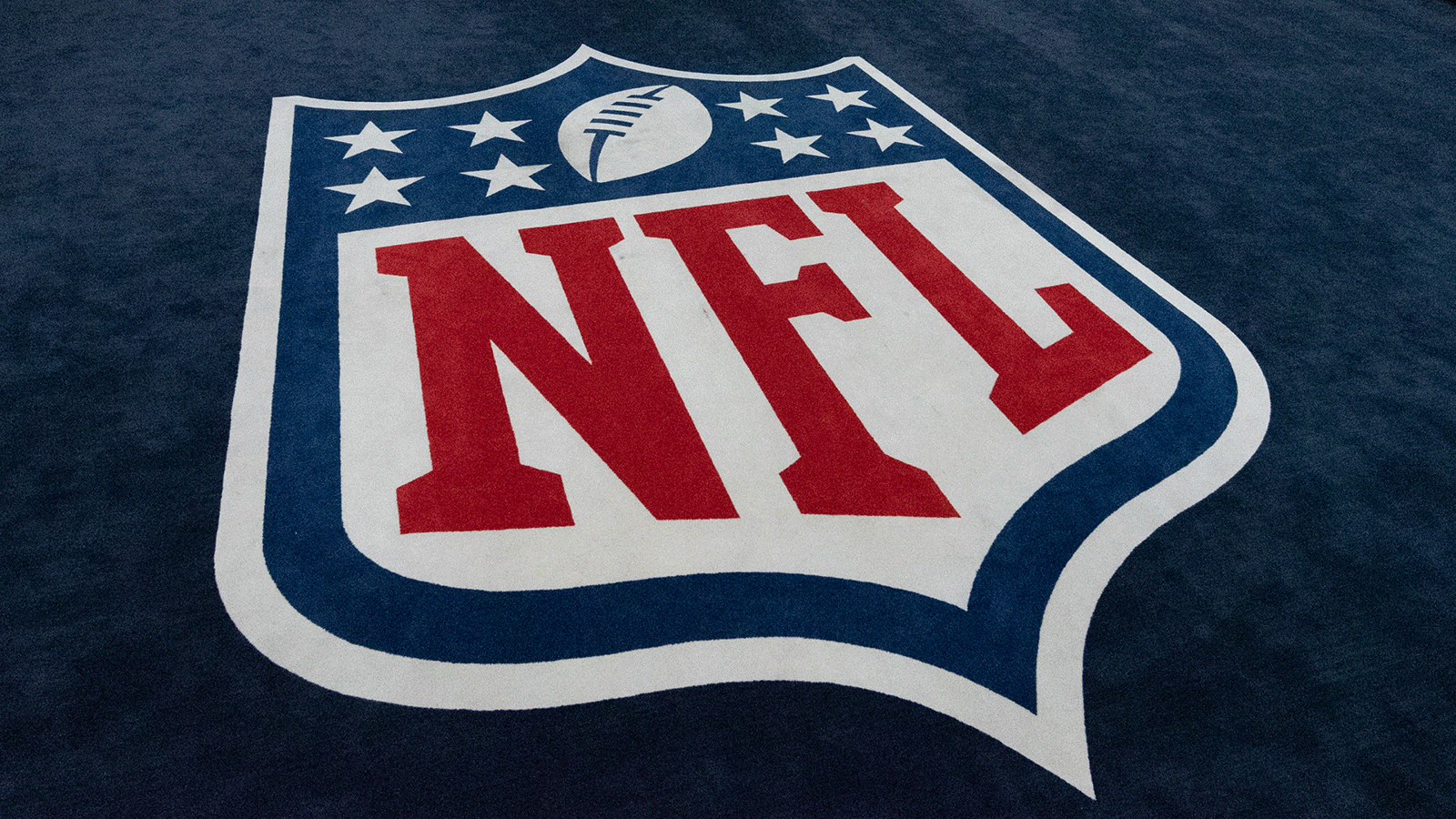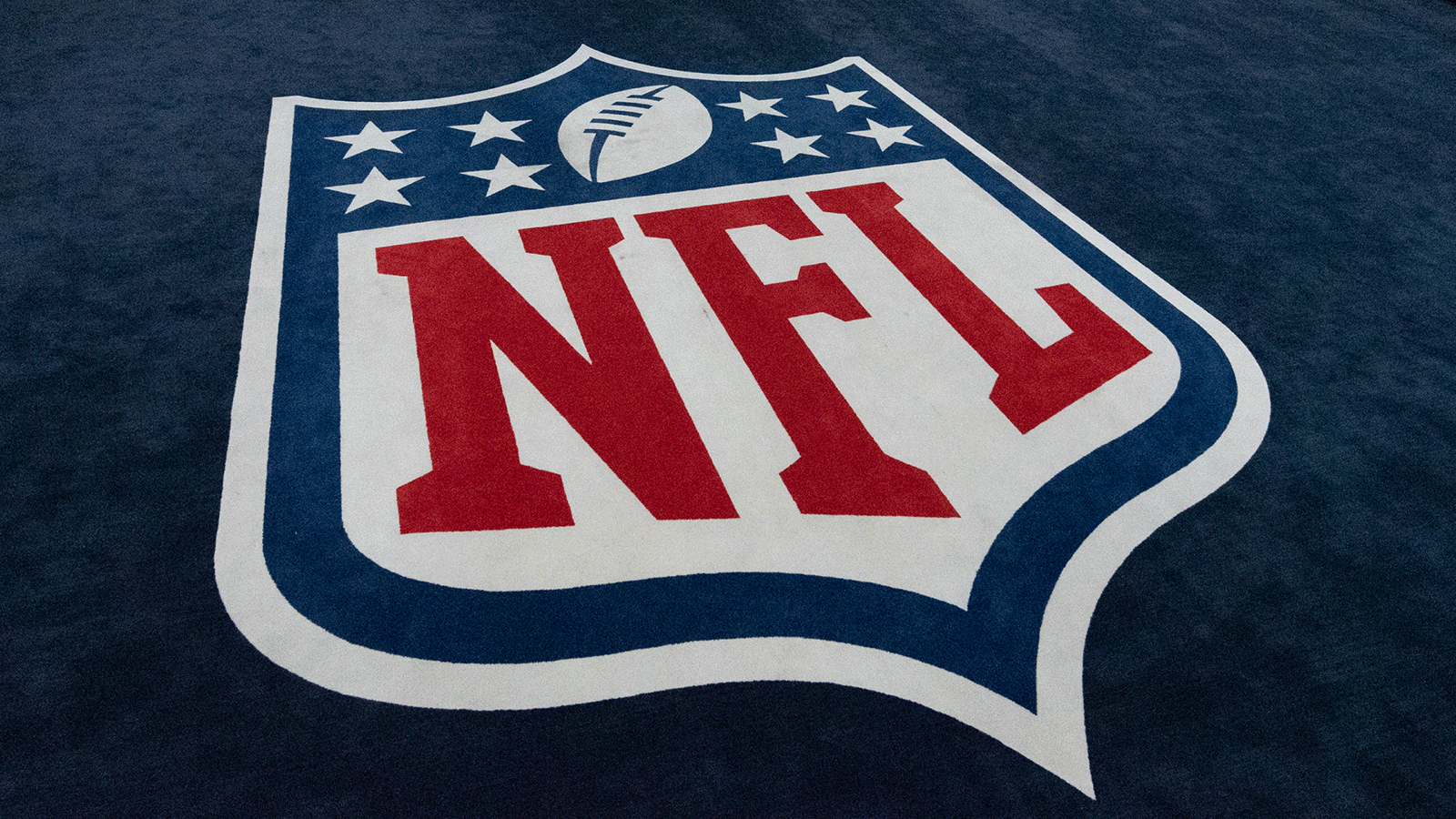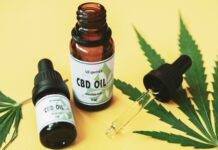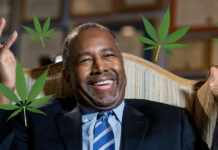
The NFL has had a long, fraught relationship with marijuana with little hope of improvement considering NFL Commissioner Roger Goodell’s unwavering opposition to cannabis.
In April 2017, Goodell dismissed the potential of medical marijuana during an interview with ESPN Radio, pointing to its “addictive nature.” Most recently, Goodell and the league have softened their tones slightly, going from a strict Schedule I view of weed, to dipping their toes in the waters of medical marijuana research.
Many players, though, are finding the change in temperature still too lukewarm for their tastes. In January of 2018, the Gridiron Cannabis Coalition created a “fictitious” PSA that appeared in an episode of Netflix comedy series “Disjointed,” calling on Goodell to “get real.”
Last month, CBS put the kibosh on a pro-cannabis commercial that would have run during Super Bowl LIII. Philadelphia Eagles defensive end Chris Long put the network on blast.
Keep pumping the booze ads, guys. You’re doing great! https://t.co/BpCzBRBjjP
— Chris Long (@JOEL9ONE) January 22, 2019
Forbes contributor Ben Curren argued in an Oct. 18, 2018 article that pro football should adopt a stance on cannabis more like the NHL’s, and believes the NFL’s old-school views on cannabis simply haven’t caught up with the latest research. “At some point in the future, people are going to look back and have a very different perspective than what we have right now,” he said to Weedmaps News.
Dr. Sue Sisley is a researcher who previously worked with the Korey Stringer Institute, an advisory committee to the NFL on player health and safety, and has a less forgiving view. Sisley told Weedmaps News that Goodell “recoiled” when she previously asked about the potential for future cannabis research. “He basically said, ‘Not under my watch. It’s not going to happen.’”
Using Cannabis As A Bargaining Chip
Sports Illustrated reported on Aug. 24, 2017, that the NFL Players’ Association (NFLPA) made a seemingly modest requested to the NFL — provide data on how painkillers are distributed among players in an ongoing dialogue between both sides to explore the potential of using cannabis for pain management. But the NFL refused.
The request was part of a long-overdue dialogue initiated by the NFL in July 2017, aimed at exploring the potential of cannabis in pain management. Since then, advocates such as Sisley have expressed disappointment at the lack of progress by both sides. Sisley called the Players’ Association “anemic” in its efforts.
NBC Sports’ Mike Florio had a distinctive take — he claimed most players use cannabis, and know how to beat the league’s drug tests. As a single issue, the NFLPA is unlikely to grant any concessions in exchange for a shift in policy. But rolled into broader negotiations at the 2021 collective bargaining agreement talks, owners’ can give the impression of having gained something in exchange. In other words, it’s all about posturing, rather than players’ well-being.
The NFLPA did not immediately respond to Weedmaps News’ request for comment.
The NFL sanctions players for recreational marijuana use, and does not accept cannabis for therapeutic use. Yet many current and former players have said NFL athletes still consume marijuana. (Shutterstock)
The NFL’s current policy treats cannabis as an illegal recreational drug, which are tested for annually in the spring. In 2018, the testing regime even began on April 20 to great comedic effect. Other substances that fall under the category of performance enhancing drugs are subject to more routine screenings.
If an athlete tests positive for THC, they are tested with increased frequency. A second positive test results in suspension. The threshold for a positive test for THC metabolite is set at 35 nanograms per milliliter according to the NFL, an increase from the pre-2013 Olympic standard of 15 nanograms per milliliter, but still far below their current World Anti-Doping Agency (WADA) threshold of 150 nanograms per milliliter. A nanogram is one-billionth of a gram.
In June 2018, the BBC reported that running back Mike James had filed for a therapeutic use exemption (TUE) with the league, which would allow him to use cannabis for his muscle spasms, sciatica, joint pain, and headaches. James believed he was the first such player to apply for a TUE. But the application was denied on the grounds that James could not “indisputably prove” his condition.
Sisley worked with James throughout the application process, and said that his health has improved since being placed on reserve by the Detroit Lions in August 2017 after sustaining a concussion. Sisley attributes to his freedom to use medical cannabis daily. “He’s able to medicate the way he wants to without living in fear of a drug test,” she said. “The good news is he’s still free of opioids, which is really crucial for him.”
Ex-NFL Players Have Become Some of the Loudest Cannabis Advocates
Kyle Turley and Eben Britton, both NFL retirees, are fans of Jack Herer, a sativa named for the late author and cannabis activist. In a 2017 interview with Frank D’Ambrosio for Medium, Eben Britton, a former NFL lineman for the Jacksonville Jaguars and Chicago Bears, spoke highly of Jack Herer’s therapeutic properties, also calling it his favorite. “I think it’s a great strain for football players,” Britton said.
Turley, a former New Orleans Saints offensive lineman, held up a jar of Jack Herer to give Vice Sports documentary filmmakers the chance to marvel at his favorite strain. “This is Jack Herer. I buy it in bulk,” he said. “What this does for me is give me clarity.”
The National Football League Players Association (NFLPA), the athletes union, had pressed the league on providing data about the distribution of painkillers. The league refused. Neither the union nor the league has made any headway in the consideration of cannabis as therapeutic or as an alternative to opioids. (Shutterstock)
Turley was pushed to the brink of suicide at the twilight of his career. NFL doctors had prescribed him a heavy regimen of muscle relaxers, opioid painkillers, and psychotropic medications starting in college after dislocating his knee. It’s a familiar story for many ex-football players, but they’re starting to push back against the long term bodily damage done through the course of an NFL career and the pharmaceutical drugs prescribed to treat injuries.
In April 2018, former player Martellus Bennett told Bleacher Report’s Chris Simms and Adam Lefkoe that he estimated about 89 percent of NFL athletes use cannabis.
How many players in the NFL smoke weed? Over/Under: 70%
Martellus Bennett says WAY OVER pic.twitter.com/Nf8041rvNZ
— Simms & Lefkoe (@SimmsAndLefkoe) April 11, 2018
Turley’s former teammate with the Saints, Ricky Williams, is perhaps the most high-profile player-turned-advocate. During his career, Williams was subjected to intense scrutiny for the string of THC-positive drug tests that would eventually lead to an early retirement. “I was punished, ridiculed and written off for making cannabis a part of my life,” Williams wrote in a Feb. 2, 2017, first-person essay for Marijuana.com, the predecessor of Weedmaps News.
But Williams found a new purpose as one of the most vocal ex-athlete cannabis advocates. In 2016, Sports Illustrated followed Williams to Spannabis in Barcelona, Spain, one of the largest cannabis expos in the world, where he blew clouds the author described as blocking out the sun. The New Yorker even covered his pursuit of a doctorate traditional Eastern medicine, which prescribes cannabis seed “for constipation.”
Many retired NFL players have supported using cannabis medicinally, including Eugene Monroe, Jake Plummer, Ebenezer Ekuban, and Nate Jackson.
Monroe, a former player for the Jacksonville Jaguars and Baltimore Ravens, told Rolling Stone in 2017 that the side effects of opioids on his mental health were so severe that he could not recognize his own daughter. After retiring in 2016, Monroe said he is off prescription drugs, and credits cannabis with helping him make the transition while managing his chronic pain.
Beyond pain management post-career, players are increasingly vocal about using cannabis to get through games. In his recent appearance on “Real Time with Bill Maher,” the Oakland Raiders’ Marshawn Lynch copped to lighting a blunt on the Al Davis Eternal Flame, in memory of the late team owner, prior to the team’s final home game in 2018.
The future of football is uncertain, but like the Olympic flame, cannabis could prove to be the spirit that keeps the sport going, for now.











